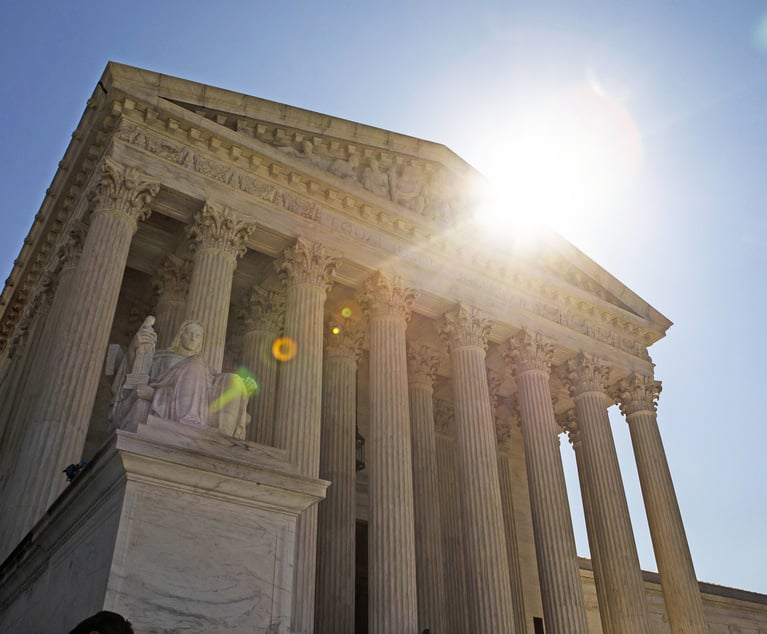When Congress passes legislation, it frequently directs that one or more federal agencies promulgate regulations both implementing the law and filling in details Congress may have left unaddressed. When agencies promulgate these regulations, it often falls to federal courts to review whether those regulations are based upon an appropriate interpretation of the statutes Congress enacted. Inevitably, the executive and judicial branches of government will sometimes have differing interpretations of the language in these statutes. The U.S. Supreme Court considered this interplay of powers in its decision in Chevron U.S.A. v. Natural Resources Defense Council, 467 U.S. 837 (1984). There, the court announced a two-step framework that courts have since utilized to review an agency’s statutory interpretation, an approach commonly called “Chevron deference.” This analysis requires courts to first ask whether Congress directly and unambiguously addressed the question at issue. If Congress’ intent is unclear because the statute is silent or ambiguous, then “the question for the court is whether the agency’s answer is based on a permissible construction of the statute.” If so, the court is to defer to the agency’s interpretation, even if the court would have independently come to a different conclusion.
Chevron deference has frequently been challenged and critiqued since the court established the doctrine in 1984. In two pending cases, Loper Bright Enterprises v. Raimondo (No. 21-5166); and Relentless v. Dep’t of Commerce (No. 22-1219), the Supreme Court will consider whether to significantly modify the doctrine, or even abandon it completely. In both cases, the court will squarely consider “[w]hether the court should overrule Chevron or at least clarify that statutory silence concerning controversial powers expressly but narrowly granted elsewhere in the statute does not constitute an ambiguity requiring deference to the agency.” Decisions are expected later this term.








